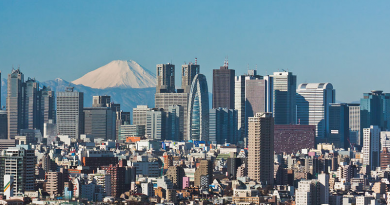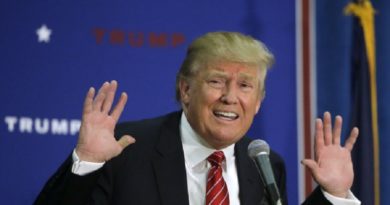Africa needs to curb emissions to attract investments- IDEP
The Institute for Development and Economic Planning (IDEP) held on Saturday 25 February a webinar on “How Africa can go green through a clean energy strategy” in preparation for the 9th Session of the Africa Regional Forum on Sustainable Development scheduled to take place in Niamey (Niger) from 28 February to March 2nd, 2023.
Urbanization and population growth are putting intense pressure on Africa’s energy infrastructure. Demand is significantly outstripping supply leading to power cuts and limiting economic development. This situation may worsen further as Africa’s urban population keeps rising to an expected 1.2 billion by 2050.
Rising demand and oil prices, the looming depletion of global oil stocks and climate change mean that Africa’s traditional reliance on conventional energy sources is no longer a viable option. However, the continent’s clean energy transition is not without challenges either.
Africa is the continent with the highest renewable energy potential in the world and is the one with the least access to it, said Andrea Renzulli, Senior Expert at RES4AFRICA Foundation. Against global trends, the continent’s renewable energy investments have reached a historical low, accounting for only six percent of total investments in renewable energy.
In West Africa, for example, regulatory barriers are partly to blame for the slow development of renewables, said Mr Renzulli, stressing that the slow regional integration process, unclear routes to market, non-cost reflective tariffs and the inefficiency of infrastructures are having a negative impact.
Yet, renewable energy could greatly contribute to West Africa’s development provided its natural (solar, wind and hydropower) resources are properly exploited. According to IRENA estimates, West Africa’s renewable potential is around 37 times its current energy production levels (i.e. 82.5 TWh including non-renewable production), Mr Renzulli added.
A transition to clean energy can bring many benefits, such as access to energy for all or opportunities for leapfrogging. It can also have a positive impact on other economic sectors, health and pollution levels, etc. said Cecilia Kinuthia-Njenga, UNFCCC Director for Intergovernmental Support and Collective Progress.
According to IDEP Director Karima Bounemra Ben Soltane, Africa can become a major supplier of gas. Beyond meeting its own needs, the region can help achieve energy security in Europe. To do so, Africa must increase and diversify its energy supply chain. “Even if Africa is not known for being one of the main polluters, it needs to start curbing emissions to attract investments,” insisted Bounemra Ben Soltane.
In a presentation on capacity building prospects and partnerships opportunities in the clean energy sector, head of the IDEP’s E-Learning, Knowledge & Management Division, Thierry Amoussougbo, discussed strategic steps required for Africa’s successful transition to clean energy such as harmonising regulatory frameworks, reducing investment risks and providing public private partnership opportunities to attract investors and step up the private sector’s contribution.
Other key interventions include facilitating trade in renewable energy across the region, large scale training policies to reach a critical mass of expertise that will facilitate the continent’s transition to clean energy, including by adapting curricula and improving policy makers’ ability to move from the planning to the execution stages.
Recommendations from the webinar on “How Africa can go green through a clean energy strategy” will contribute to the conversation at the Africa Regional Forum on Sustainable Development (ARFSD) jointly organized from 28 February to 2 March by the Economic Commission for Africa and the Government of Niger, in collaboration with the African Union Commission, the African Development Bank and other entities in the United Nations system.
This year’s edition of ARFSD will be an opportunity to assess Africa’s progress in the implementation of several Sustainable Development Goals, including SDG 7 (affordable and clean energy); SDG 6 (clean water and sanitation); SDG 9 (industry, innovation, and infrastructure); SDG 11 (sustainable cities and communities); and SDG 17 (partnerships for the Goals) and the corresponding goals of Agenda 2063.
The African Institute for Economic Development and Planning (IDEP) is a pan-African institution created in 1962 by the UN General Assembly whose primary purpose is to support African countries’ efforts to develop their human resource capacities to promote their socio-economic development.



